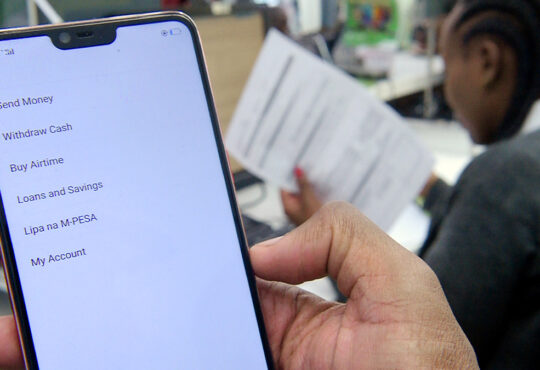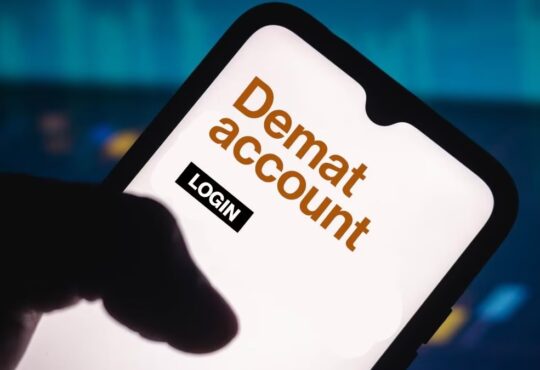
If you are going through financial stress this year, you do not have to panic for paying back your IRS tax liabilities.
What you need to know about CNC status?
After the IRS reviews your financial situation and found that you cannot afford to pay your taxes, the IRS will temporarily suspend all levies or garnishments imposed on you. Your CNC status does not remove your debt permanently. Rather fresh tax interests and penalties gets added to your balance debts.
If your financial condition improves, the IRS may remove your CNC status and ask you to initiate tax liabilities payments. But in cases where your financial conditions remain weak for the next 10 years, your debts are wiped off by the IRS currently not collectible rules called the Collections Statute of Limitations. This means that the IRS has only 10 years to collect your previous year tax liabilities.
Are you eligible for CNC status if you cannot pay your IRS tax debts?
If you need CNC status, you must prove to the IRS that you cannot afford to pay your tax debts. The IRS will determine your CNC status by comparing your monthly income and standard national and local expenses. Your expenses must exceed your income and you must barely save anything to pay back your tax liabilities to declare the IRS on your CNC status.
How to request IRS for your CNC status?
To get CNC status, you must contact the IRS directly or through a tax professional. You must prepare your financial information and fill out the IRS Form 433-F for limited tax debts and Form 433-A for large tax balances. In case you are self-employed, you may need to fill Form 433-B.
If you do not qualify for CNC status, the IRS may use “reasonable forbearance” to avoid taking certain collection actions like not seizing your vehicle to. Doing so will let taxpayer earn enough to afford essential living expenses after the taxes are paid.








